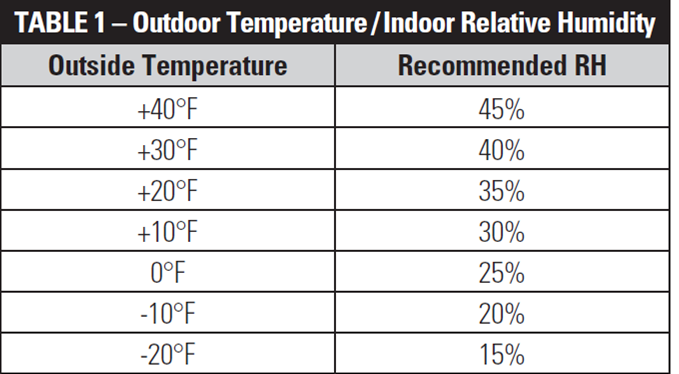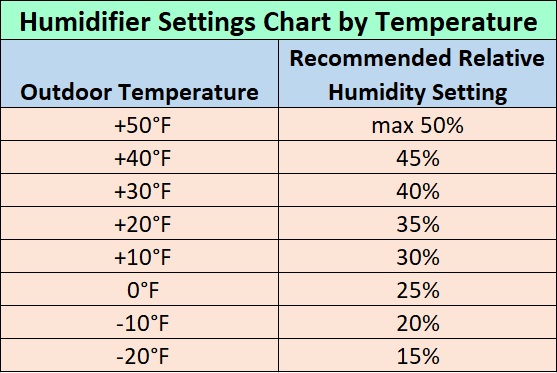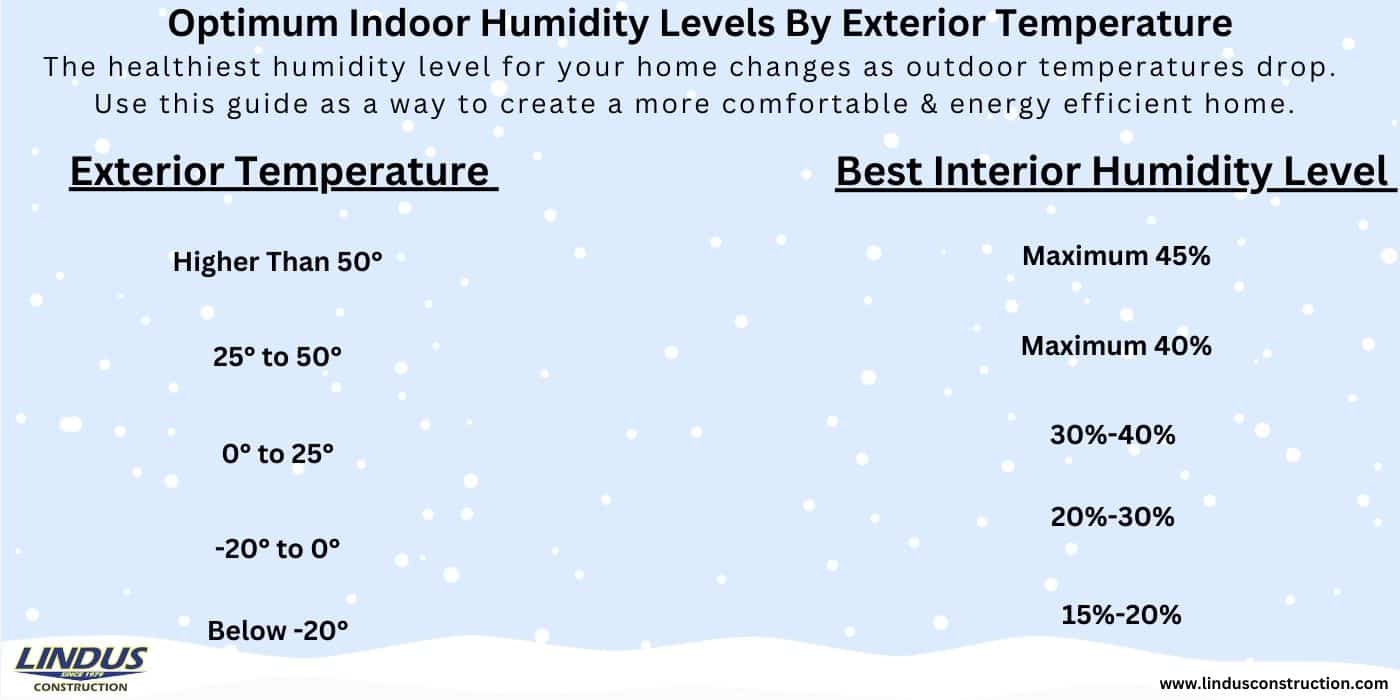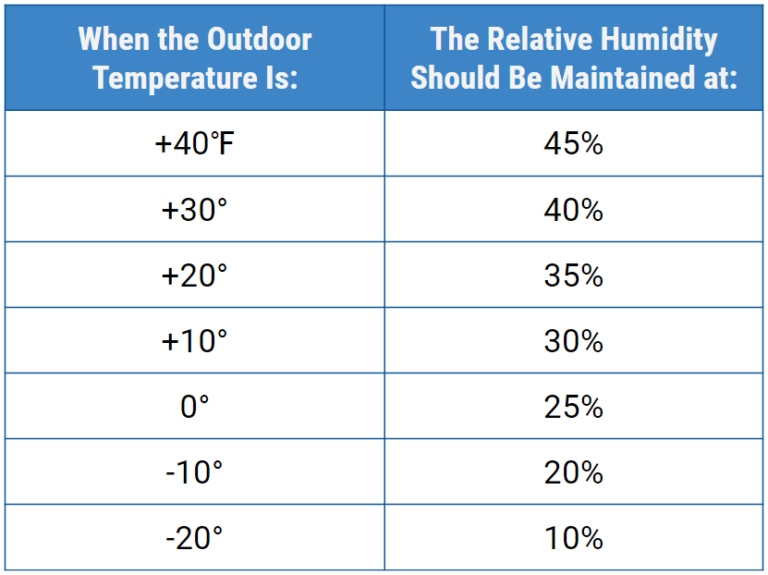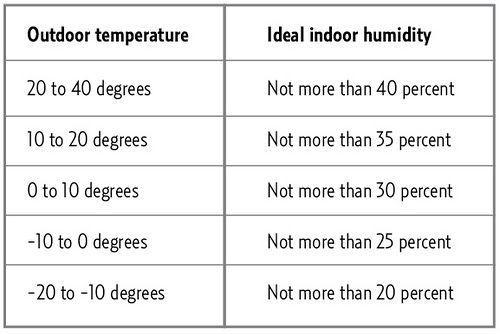What Is The Ideal Humidity For Your Home
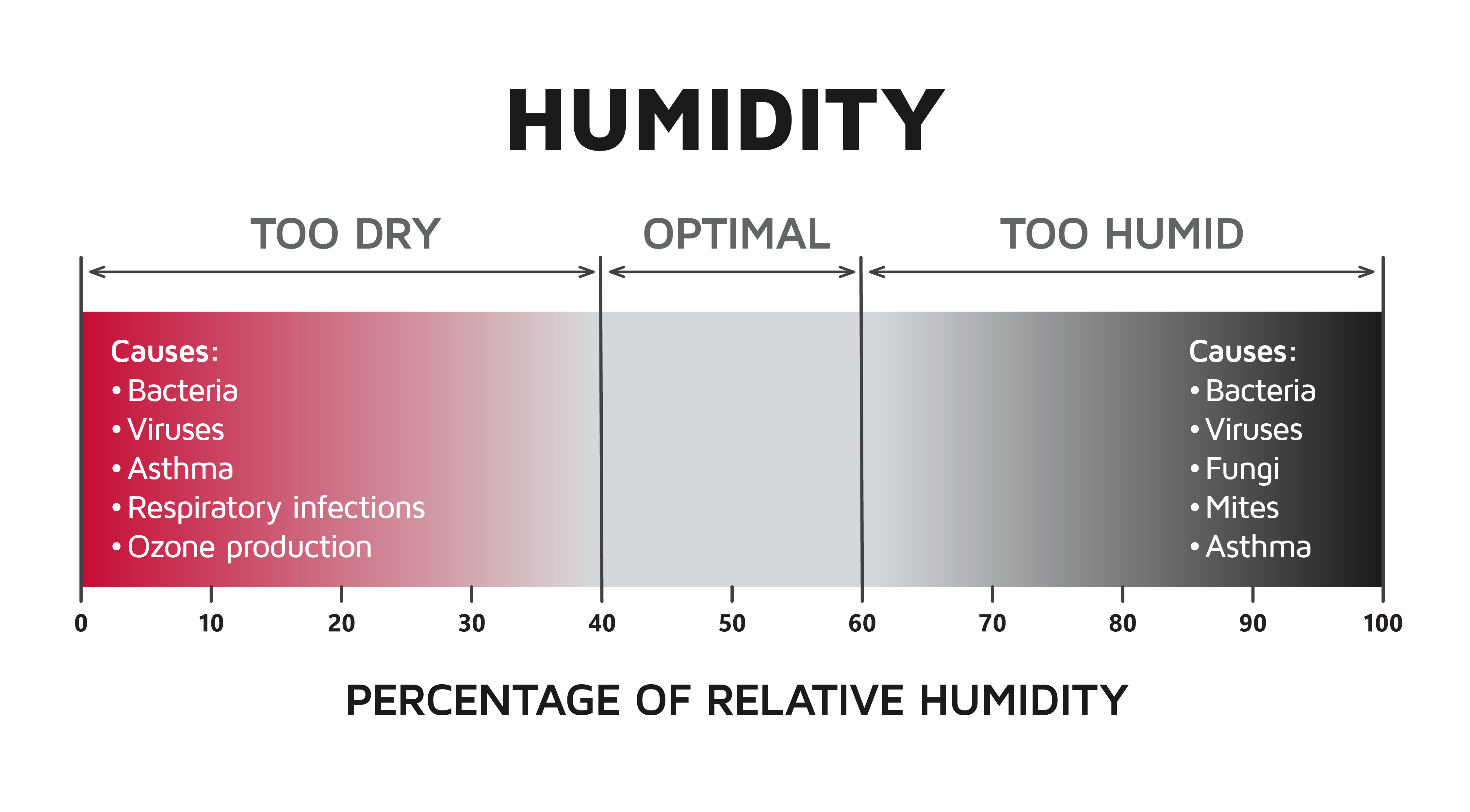
Maintaining the right humidity level in your home is crucial for comfort, health, and the longevity of your HVAC system. But what exactly *is* the ideal humidity, and how do you achieve and maintain it? This article explores the science behind humidity, its impact on your home, and the vital role HVAC professionals play in ensuring optimal indoor air quality.
Understanding Humidity and Its Impact
Humidity refers to the amount of moisture in the air. It's measured as relative humidity (RH), which is the percentage of moisture in the air compared to the maximum amount the air can hold at a given temperature. Too much or too little humidity can lead to a variety of problems.
The Goldilocks Zone: Ideal Humidity Levels
Most experts agree that the ideal relative humidity for your home is between 30% and 50%. This range provides a comfortable and healthy environment. During the winter months, a slightly lower RH (around 30-40%) is often recommended to prevent condensation on windows and within walls.
Consequences of High Humidity
High humidity, exceeding 60%, can create a breeding ground for mold, mildew, and dust mites. These allergens can trigger respiratory problems, allergies, and asthma. Additionally, high humidity can lead to:
- Musty odors: A telltale sign of mold and mildew growth.
- Condensation: On windows, walls, and other surfaces, creating a damp environment.
- Increased pest activity: Insects like cockroaches and silverfish thrive in humid environments.
- Damage to building materials: Wood rot, peeling paint, and warped flooring.
Consequences of Low Humidity
Low humidity, below 30%, can also be detrimental. Dry air can cause:
- Dry skin and irritated sinuses: Leading to discomfort and increased susceptibility to infections.
- Cracked wood furniture and flooring: Dry air can cause wood to shrink and crack.
- Increased static electricity: Leading to shocks and discomfort.
- Aggravated respiratory conditions: Dry air can exacerbate asthma and other respiratory problems.
Achieving and Maintaining Ideal Humidity
Several factors influence humidity levels in your home, including climate, ventilation, and your HVAC system. Here's how to manage humidity effectively:
HVAC Systems: Your First Line of Defense
Your heating and cooling system plays a crucial role in humidity control. Air conditioners remove moisture from the air as they cool, helping to lower humidity levels during the summer. Furnaces, on the other hand, can dry out the air during the winter. Consider these options:
- Dehumidifiers: Portable or whole-house dehumidifiers can effectively remove excess moisture from the air, especially in humid climates or basements.
- Humidifiers: Portable or whole-house humidifiers add moisture to the air, especially beneficial during dry winter months.
- Ventilation: Ensure proper ventilation in your home by using exhaust fans in bathrooms and kitchens to remove moisture-laden air.
- Regular HVAC Maintenance: A properly functioning HVAC system is essential for maintaining consistent humidity levels. Schedule regular maintenance checks with a qualified HVAC technician.
Lifestyle Adjustments
Small changes in your lifestyle can also make a significant difference:
- Take shorter, cooler showers: Reduces the amount of moisture released into the air.
- Fix leaks promptly: Prevents water damage and excess humidity.
- Use exhaust fans while cooking: Removes moisture and odors from the kitchen.
- Dry clothes outdoors: Avoid using the dryer, which releases moisture into the home.
The Role of HVAC Professionals
HVAC professionals are essential for diagnosing and addressing humidity problems. They can:
- Assess your home's humidity levels: Using specialized equipment to measure RH.
- Identify the source of humidity problems: Such as leaks, poor ventilation, or malfunctioning HVAC equipment.
- Recommend appropriate solutions: Including dehumidifiers, humidifiers, and ventilation improvements.
- Install and maintain HVAC equipment: Ensuring optimal performance and efficiency.
HVAC Careers: A Growing Field
The demand for skilled HVAC technicians is steadily increasing. According to the Bureau of Labor Statistics, the job outlook for HVAC mechanics and installers is projected to grow 6 percent from 2022 to 2032, about as fast as the average for all occupations. About 38,000 openings for HVAC mechanics and installers are projected each year, on average, over the decade. Many of those openings are expected to result from the need to replace workers who transfer to different occupations or retire.
The median annual wage for HVAC mechanics and installers was $59,620 in May 2023. The top 10 percent earned more than $84,880.
Career Paths in HVAC
A career in HVAC offers a variety of opportunities, including:
- HVAC Technician: Installs, maintains, and repairs HVAC systems.
- HVAC Installer: Focuses on installing new HVAC systems.
- HVAC Service Technician: Specializes in diagnosing and repairing HVAC problems.
- HVAC Sales Representative: Sells HVAC equipment and services.
- HVAC Project Manager: Oversees HVAC installation projects.
Essential Certifications
Several certifications can enhance your career prospects in HVAC:
- EPA Section 608 Certification: Required for handling refrigerants.
- NATE (North American Technician Excellence) Certification: Demonstrates competency in specific HVAC areas. NATE certification is highly valued by employers and can lead to higher earning potential.
- HVAC Excellence Certification: Another respected certification program for HVAC technicians.
Example Career Path: Maria started as an HVAC apprentice after completing a vocational program. She obtained her EPA 608 certification and then pursued NATE certification in air conditioning. After several years of experience as a service technician, she became a lead technician and now mentors new apprentices.
Tips for HVAC Employers
Attracting and retaining skilled HVAC professionals is crucial for success. Consider these strategies:
- Offer competitive salaries and benefits: Attract top talent with attractive compensation packages.
- Provide training and development opportunities: Invest in your employees' skills and knowledge.
- Promote a positive work environment: Foster a culture of teamwork and respect.
- Offer apprenticeship programs: Develop future talent through on-the-job training.
- Recognize and reward excellence: Acknowledge and appreciate your employees' contributions.
"Investing in our employees through training and development is essential for providing our customers with the best possible service," says John Smith, owner of Smith HVAC Services. "We encourage our technicians to pursue certifications and stay up-to-date on the latest technologies."
The Future of HVAC: Trends and Technologies
The HVAC industry is constantly evolving. Stay ahead of the curve by learning about these emerging trends:
- Smart HVAC Systems: Using technology to optimize energy efficiency and improve comfort.
- Sustainable HVAC Solutions: Emphasizing energy-efficient and environmentally friendly technologies.
- Improved Air Filtration: Focusing on removing pollutants and allergens from indoor air.
- Geothermal Heating and Cooling: Utilizing the earth's natural heat to provide energy-efficient heating and cooling.
By understanding the principles of humidity control and staying informed about industry trends, HVAC professionals can play a vital role in creating healthier, more comfortable, and more energy-efficient homes.
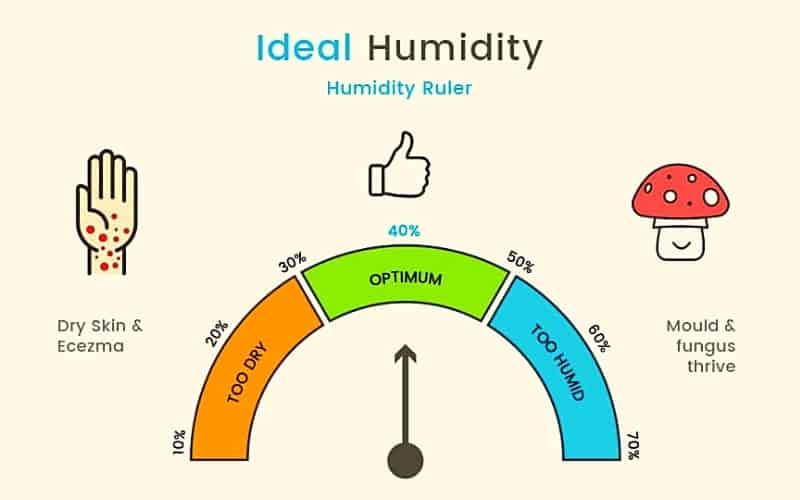
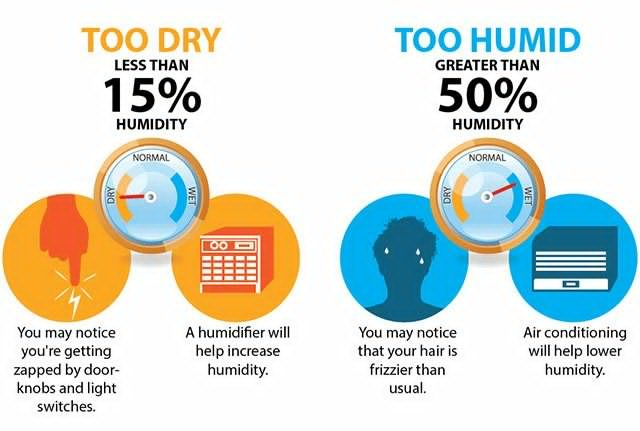

.jpg?width=3508&name=Humidity level chart (1).jpg)
